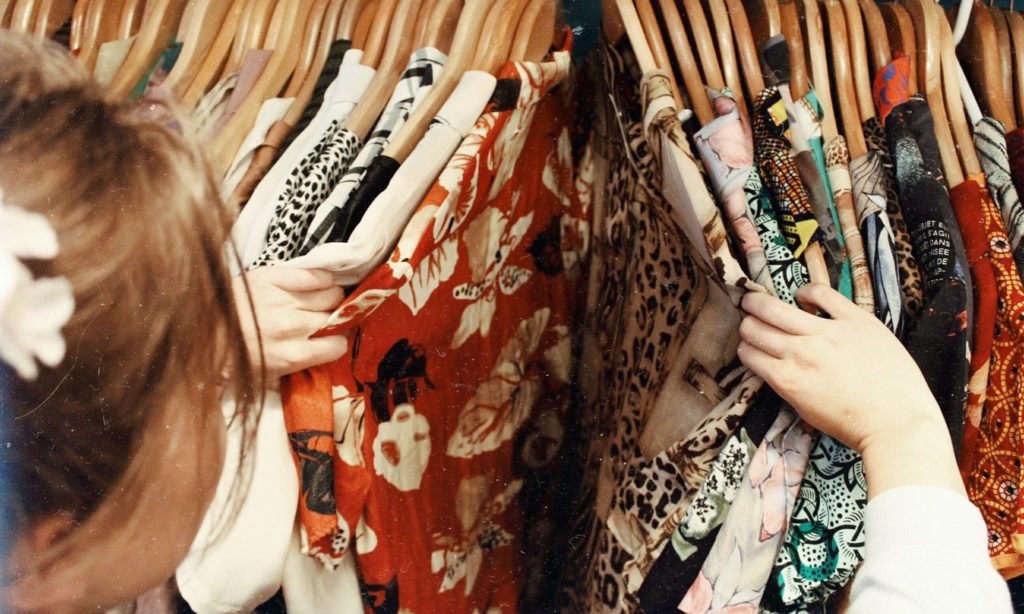Sustainable fashion has gained significant momentum in recent years, and for good reason. It’s more than just a trend; it’s a crucial movement that addresses environmental, social, and ethical concerns within the fashion industry. Here’s why sustainable fashion matters:
1. Environmental Impact:
- The fashion industry is one of the most polluting in the world, with water pollution, textile waste, and greenhouse gas emissions contributing to environmental degradation. Sustainable fashion seeks to reduce these impacts by using eco-friendly materials, adopting responsible production processes, and promoting recycling and circular fashion.
2. Reduction of Waste:
- Fast fashion’s “throwaway” culture encourages frequent buying and discarding of clothing. Sustainable fashion advocates for durable, high-quality garments that last longer, reducing the amount of textile waste ending up in landfills.
3. Ethical Labor Practices:
- Many traditional fashion supply chains exploit workers in low-wage countries, often in unsafe and unethical conditions. Sustainable fashion prioritizes fair wages, safe working environments, and ethical labor practices, ensuring that garment workers are treated with dignity and respect.
4. Conservation of Resources:
- Sustainable fashion minimizes the consumption of natural resources like water and energy. It promotes resource-efficient practices in textile manufacturing, dyeing, and finishing.
5. Biodiversity and Animal Welfare:
- Ethical and sustainable fashion focuses on protecting biodiversity and animal welfare. It avoids materials derived from endangered species and promotes cruelty-free alternatives to fur, leather, and silk.
6. Transparency and Accountability:
- Sustainable fashion brands are transparent about their supply chain and production processes. They’re accountable for their environmental and social impact, providing consumers with information to make informed choices.

7. Supporting Local Economies:
- Sustainable fashion often supports local artisans and communities, fostering economic development in regions where clothing is produced.
8. Innovation and Technology:
- Sustainable fashion encourages the development of innovative and eco-friendly materials and production techniques. This drives positive change in the entire industry, influencing traditional fashion brands to adopt more sustainable practices.
9. Consumer Awareness:
- The rise of sustainable fashion has increased consumer awareness about the impact of their clothing choices. More people are making conscious decisions to support brands that align with their values.
10. Long-Term Viability: – Sustainable fashion is not a passing trend but a necessary shift toward a more sustainable future. It addresses the long-term viability of the fashion industry and our planet.
11. Circular Economy: – Sustainable fashion embraces a circular economy, where garments are designed for longevity, repairability, and recyclability. This approach reduces waste and conserves resources.
12. Cultural Preservation: – Sustainable fashion can help preserve cultural heritage by supporting traditional craftsmanship and textiles from various regions.
13. Personal Connection: – Sustainable fashion often fosters a deeper connection between consumers and their clothing. Knowing the story behind a garment and the positive impact it has can enhance one’s appreciation for fashion.
Sustainable fashion is a response to the growing need for a more responsible and ethical approach to clothing production and consumption. By choosing sustainable fashion, individuals can make a positive impact on the environment, support ethical labor practices, and promote the long-term sustainability of the fashion industry.
